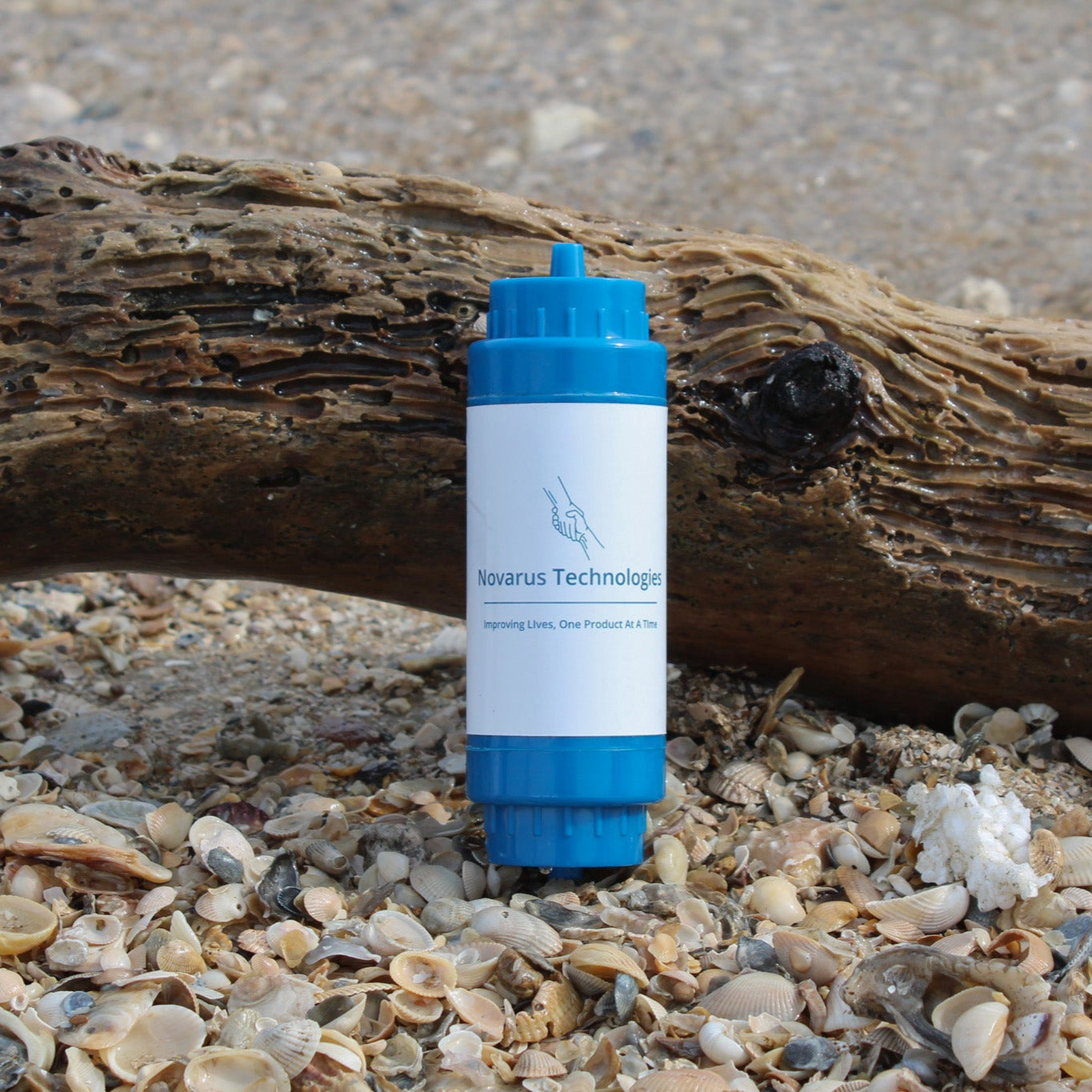Climate change is one of the most pressing challenges of our time. The Earth's temperature is rising at an unprecedented rate due to human activities, particularly the burning of fossil fuels, deforestation, and industrial processes. This has led to extreme weather events, rising sea levels, loss of biodiversity, and increased stress on ecosystems and communities worldwide. While large-scale policy changes and corporate responsibility are crucial in tackling climate change, we as individuals can also play a significant role in reducing its impact.
Understanding the Issue
Climate change is primarily driven by the excessive release of greenhouse gases like carbon dioxide (CO₂) and methane into the atmosphere. These gases trap heat, leading to global warming. The consequences of this warming are already being felt, with more frequent wildfires, droughts, floods, and stronger storms becoming the new normal.
Although these issues seem overwhelming, every small action we take as individuals can help slow down climate change and protect the planet for future generations. Here’s how you can make a difference:
1. Reduce Energy Consumption
One of the most impactful actions individuals can take is to reduce their energy use, particularly from fossil fuel-based sources.
-
Switch to Energy-Efficient Appliances: Choose energy-efficient appliances and light bulbs (like LED) that consume less electricity.
-
Turn Off and Unplug: Turn off lights, electronics, and appliances when not in use. Unplug chargers and devices to prevent energy wastage.
-
Use Renewable Energy: If possible, switch to a renewable energy provider or install solar panels on your home. Renewable energy sources like wind and solar have a much smaller carbon footprint than fossil fuels.
-
Optimize Heating and Cooling: Insulate your home to keep it cool in the summer and warm in the winter, reducing the need for excessive heating or air conditioning.
2. Adopt Sustainable Transportation Habits
Transportation is one of the largest contributors to greenhouse gas emissions. By making changes to how we get around, we can reduce our carbon footprint.
-
Walk, Bike, or Use Public Transit: Whenever possible, opt for walking, biking, or using public transportation instead of driving. Carpooling is another option to reduce the number of vehicles on the road.
-
Drive Electric: If you're in the market for a new car, consider purchasing an electric or hybrid vehicle. These cars produce significantly fewer emissions than traditional gas-powered vehicles.
-
Reduce Air Travel: Air travel has a high carbon footprint. Try to limit non-essential flights and consider alternative modes of transport like trains for shorter trips. When flying is necessary, look into carbon offset programs.
3. Eat a Sustainable Diet
The food we eat has a significant environmental impact, from the energy used to grow, transport, and process it to the emissions generated by livestock.
-
Eat Less Meat and Dairy: Livestock farming, especially beef and dairy production, is one of the leading sources of methane emissions. Reducing your consumption of meat and dairy, or adopting a plant-based diet, can dramatically lower your carbon footprint.
-
Choose Local and Seasonal: Eating locally grown, seasonal foods reduces the carbon emissions associated with transportation and storage.
-
Minimize Food Waste: Plan your meals, store food properly, and compost food scraps to prevent food waste. Reducing waste not only conserves resources but also reduces methane emissions from landfills.
4. Support Sustainable Products and Brands
The choices we make as consumers can influence the market and push companies toward more sustainable practices.
-
Buy Less, Buy Smart: Reducing overall consumption is key. Opt for high-quality, durable products that last longer, and avoid fast fashion, which contributes to pollution and resource depletion.
-
Choose Eco-Friendly Products: Look for products made from sustainable materials and packaged in eco-friendly or minimal packaging. Supporting companies with environmentally friendly practices sends a message that sustainability matters.
-
Recycle and Reuse: Properly recycle materials like paper, glass, and plastic, and consider buying second-hand goods to reduce demand for new resources.
5. Advocate and Educate
One of the most powerful tools we have as individuals is our voice. By advocating for environmental policies and educating others, we can multiply our impact.
-
Get Involved in Local Initiatives: Participate in or support local environmental initiatives, such as tree-planting events, clean-up drives, or renewable energy projects in your community.
-
Vote for Climate Action: Support political candidates and policies that prioritize climate action and hold leaders accountable for addressing environmental issues.
-
Raise Awareness: Share knowledge about climate change with friends, family, and on social media. Small conversations can inspire others to make changes and create a ripple effect.
6. Conserve Water
While climate change and water use are deeply interconnected, conserving water also helps reduce energy use since a significant amount of energy is used to treat, transport, and heat water.
-
Fix Leaks: Repair leaky faucets and pipes, which can waste significant amounts of water over time.
-
Use Water Wisely: Take shorter showers, use water-efficient appliances, and avoid wasting water when washing dishes or watering your garden.
7. Plant Trees and Support Reforestation
Trees are essential in the fight against climate change as they absorb carbon dioxide from the atmosphere. Planting trees and supporting reforestation projects can have long-lasting benefits for the environment.
-
Plant Native Species: If possible, plant trees or shrubs in your garden or community. Native species help restore natural habitats and support biodiversity.
-
Support Reforestation Projects: Many organizations work to restore forests around the world. Consider donating or volunteering to help these efforts.
Conclusion: Small Steps, Big Impact
Tackling climate change requires collective action, and while governments and corporations must lead the charge, individual actions matter too. By making sustainable choices in our daily lives—whether through energy conservation, transportation habits, dietary changes, or consumer choices—we can reduce our carbon footprint and inspire others to do the same.
Remember, every small step we take contributes to a larger movement. Together, we can help slow the progression of climate change and preserve the planet for future generations.


